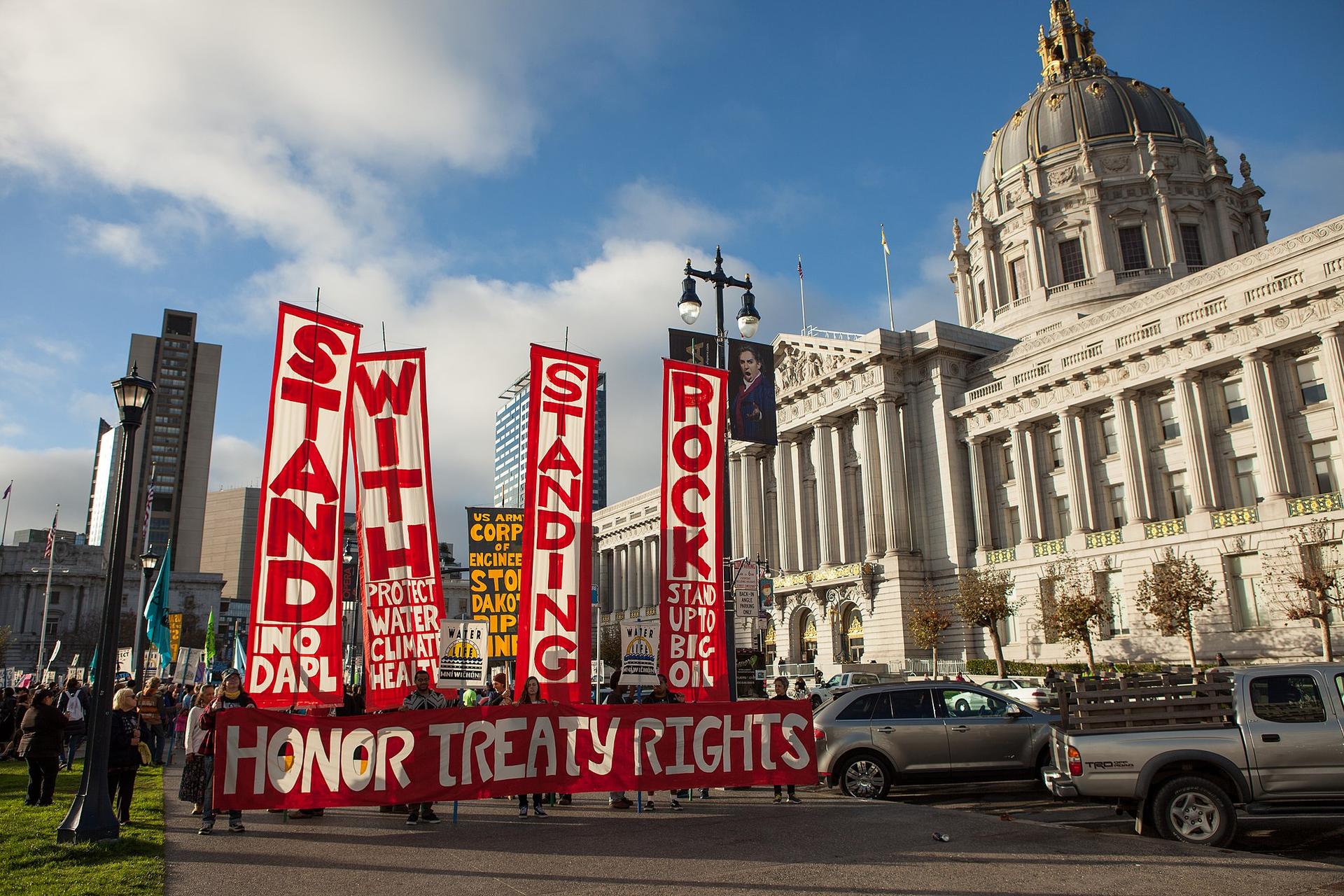In another attempt to undo decades of environmental regulations, the Trump administration recently released a revised regulatory interpretation of NEPA, the National Environmental Policy Act, that will weaken it significantly.
For the past 50 years, NEPA has underpinned virtually all federal environmental law in the United States. It requires that the federal government study the potential consequences of major infrastructure projects such as pipelines, dams and highways.
The government must evaluate how these projects might impact the environment, human health, cultural resources and endangered species, among other things, and to consider less harmful alternatives.
The Trump administration’s new interpretation of NEPA narrows the types of impacts studied, sets a higher bar for public comments, and exempts some projects from review entirely. It also essentially removes the requirement for analysis of cumulative or indirect impacts on the environment, such as climate change.
Related: Trump’s wall will harm wildlife along the US southern border, say environmental experts
The administration claims the weaker rule will slash costs, reduce delays and eliminate red tape for major infrastructure projects.
“We hear the red tape argument all the time,” says Vermont Law School professor Pat Parenteau. “The truth is, some of the studies that have been done suggest the real reason for delays is agencies trying to cut corners and not actually follow the law, or applicants for permits not actually doing the good work they need to do to evaluate the impacts and come up with alternatives.”
“You can’t blame the law when people try to cheat and…find loopholes,” Parenteau adds. “I can point to a number of court decisions where the judges have said to the agency, ’All you needed to do was simply follow the law.’”
NEPA was passed in 1969 and is sometimes called “the Magna Carta of environmental law,” Parenteau says, because it’s so sweeping in scope. The law made it national policy “to create and maintain conditions under which humans and nature can exist in productive harmony, that permit fulfilling the social, economic and other requirements of present and future generations,” according to an EPA website.
“It has a lot of focus the long-term effects of the actions that we’re taking now,” Parenteau says. “Effects on future generations were called out specifically in the law: historic sites, archaeological sites, Indian religious sites, aesthetics, scenic beauty, the quality of life in inner cities and neighborhoods, green spaces.”
Related: Trump’s plan for the EPA is death by ‘a thousand cuts’
For this reason, Parenteau says the Trump administration’s attempt to eliminate the cumulative effects requirement will run into legal problems, especially as it relates to climate change.
“We now have a large number of judicial decisions saying climate change must be taken into account,” he says. “And many of those decisions have overturned attempts by the Trump administration not to consider climate change in oil and gas leasing, coal leasing, gas pipelines and so forth. The courts have uniformly said, ‘Of course you have to take climate change into account when you’re writing your environmental impact statement.’”
The final rule says it’s up to the individual agencies to decide whether to do so or not, “which means we’re going to have more litigation over that very question,” Parenteau says.
Related: Appeals court blocks Trump’s attempt to roll back methane rules
NEPA has also empowered local communities “to participate in decisions affecting their health and their community well-being,” Parenteau says. It was one of the primary tools used by groups that opposed the construction of the Dakota Access Pipeline and the Atlantic Coast Pipeline, he notes.
On a larger scale, NEPA played a role in getting some of the nation’s “mission-oriented” agencies, like the Forest Service, “to stop thinking that all that forests are a basket of wood for wood products, timber, and so forth, and look at them as ecosystems,” Parenteau adds. “So NEPA is a legal tool, it’s a policy tool, and it’s a community action tool.”
Parenteau believes this last-minute push to get new environmental rules approved, published and in effect is “clearly tailored to the election cycle.”
“Whether or not these rules will survive, of course, is a big question,” he says. “I think [this] rule has a lot of legal vulnerabilities. So it could be that the courts will step in, as they have so many times, to block what the Trump administration’s rollbacks are seeking to do. And then of course, after the election, depending on how that goes, we could see other political responses to the rule as well.”
This article is based on an interview by Bobby Bascomb that aired on Living on Earth from PRX.
